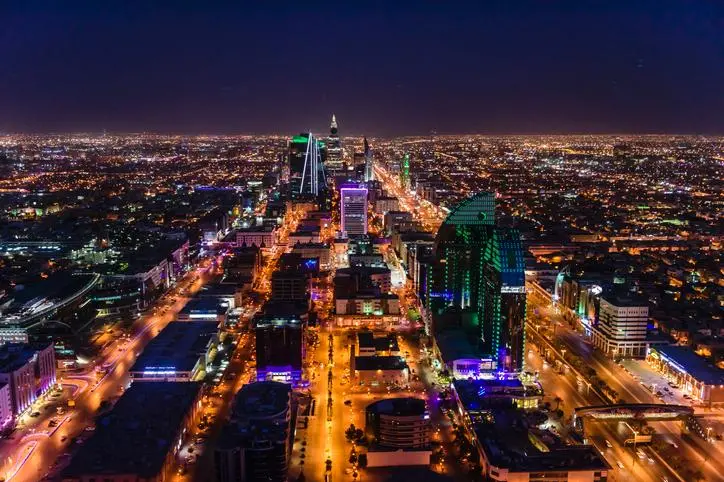PHOTO
Inflation in Saudi Arabia dropped back to 5.3 percent y-o-y in December 2020. But the effect of tripling VAT in July last year will continue to keep the headline rate elevated until the middle of this year, London-based Capital Economics said in a research note.
Saudi Arabia’s headline inflation rate eased from 5.8 percent year-on-year (y/y) in November to 5.3 percent y/y in December, its weakest reading pace since the VAT rate was hiked by 10 percent-points in July last year. On a month-on-month basis, which tends to be volatile due to seasonal effects, consumer prices fell for a second consecutive months, by 0.2 percent.
The breakdown of the data showed that the drop in inflation was fairly broad-based. Of the twelve major price categories, year-on-year inflation fell or was unchanged in seven. Food inflation, which accounts for around 20 percent of the CPI basket, eased from 13 percent y-o-y in November to 12.7 percent y-o-y in December. There were also declines in housing and transport inflation, with the former slipping deeper into negative territory, Capital Economics noted.
Partially offsetting all of this, health inflation hit a two-year high on the back of higher inflation of pharmaceutical products, as well as outpatient and hospital services. There were also modest increases in tobacco, as well as clothing, communications and hotels and restaurants inflation.
"Taking a step back, headline inflation continues to be heavily affected by the effects of the hike in the VAT rate, from 5 percent to 15 percent, that came into force at the start of July. This caused inflation to rise by more than 5.5 percentage points between June and July and these effects will continue to dominate until the middle of this year," Jason Tuvey, senior emerging markets economist at Capital Economics, said in a note.
"But as the impact of fiscal austerity weighs on domestic demand and holds back the economic recovery, underlying price pressures are likely to soften. as softer food and housing inflation more than offset a further rise in health inflation to a two-year high," he added.
Saudi Arabia's economy contracted sharply last year, but data suggests the rate of decline slowed in the third quarter as some COVID-19 restrictions were lifted. According to the latest PMI data, business expectations for 2021 improved further owing to a strong optimism supported by the global roll-out of COVID-19 vaccines and hopes that this will lead to a strong economic recovery.
(Writing by Seban Scaria; editing by Daniel Luiz)
Disclaimer: This article is provided for informational purposes only. The content does not provide tax, legal or investment advice or opinion regarding the suitability, value or profitability of any particular security, portfolio or investment strategy. Read our full disclaimer policy here.
© ZAWYA 2021





















